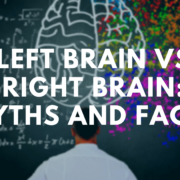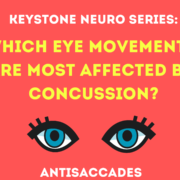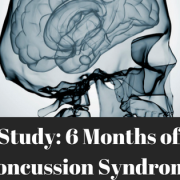The Cerebellum’s Role in Dizziness/Vertigo
𝗧𝗵𝗲 𝗖𝗲𝗿𝗲𝗯𝗲𝗹𝗹𝘂𝗺’𝘀 𝗥𝗼𝗹𝗲 𝗶𝗻 𝗗𝗶𝘇𝘇𝗶𝗻𝗲𝘀𝘀/𝗩𝗲𝗿𝘁𝗶𝗴𝗼

Patients with dizziness or vertigo often get their ears checked by an ENT to find signs of peripheral vestibular problems like BPPV or a damaged vestibular nerve.
An underappreciated problem with dizziness can be problems of the central nervous system. When doctors look for central causes of dizziness, they’re often searching for emergency issues like a posterior circulation stroke. A common central cause of dizziness is when the 𝙘𝙚𝙧𝙚𝙗𝙚𝙡𝙪𝙢 is affected.
The cerebellum is a chunk of brain that sits in the lower back part of the skull. It plays a massive role in standing balance and accuracy of movement.

While a stroke is well known to cause dizziness and balance issues through the cerebellum, other problems can trigger cerebellar problems as well. This can include:
• #concussion/#tbi
• Multiple sclerosis
• Celiac’s Disease and other autoimmunity
• Inherited degenerative disorders of the cerebellum (Friedrich’s ataxia and other SCAs)
Then there are functional neurological problems affecting the connections of the cerebellum which often go undiagnosed. This can come from a previous acute vestibular attack or problems weighting the sensory system as a whole.
When patients are dizzy, if there is no obvious diagnostic vestibular finding, we will often see that these patients may show abnormal findings on a bedside cerebellar exam.

Fortunately, these patients can respond well and sometimes quickly with some cerebellar targeted rehab strategies, which we will show an example later this week.
#neuroscience #neuroplasticity #vertigo










Leave a Reply
Want to join the discussion?Feel free to contribute!